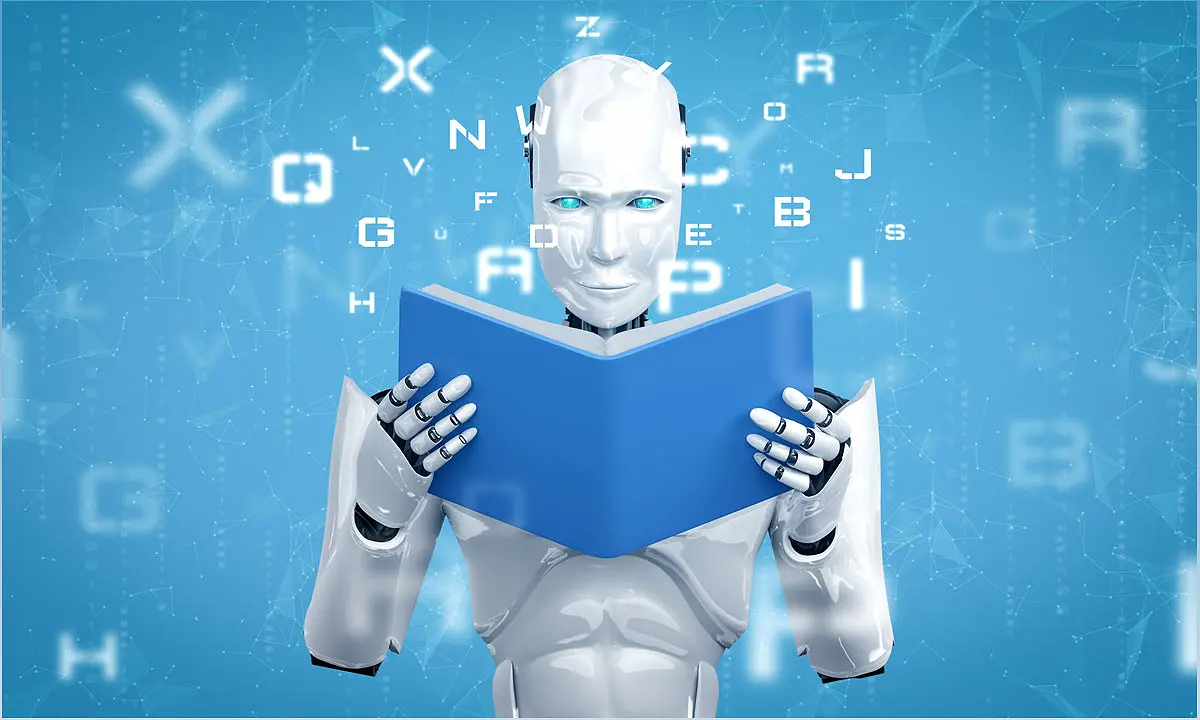The Transformative Power of AI in Education: Enhancing Teaching and Learning
In today's rapidly evolving world, the integration of artificial intelligence (AI) has the potential to revolutionize various industries, including education. As an AI ethics advocate and former journalist, I am excited to explore the transformative power of AI in education and how it can enhance teaching methods and improve student learning experiences. In this article, we will delve into the possibilities of AI in schools, focusing on the benefits it can bring to both teachers and students. Let's embark on this journey to discover the exciting potential of AI in education!
The Role of AI in Transforming Education
Exploring how AI is reshaping the education landscape and revolutionizing traditional teaching methods.
Artificial intelligence is making its mark in the field of education, transforming the way we teach and learn. With AI-powered tools and platforms, educators can personalize learning experiences, provide targeted interventions, and enhance student engagement. This subheading will delve into the role of AI in reshaping the education landscape and revolutionizing traditional teaching methods.
By leveraging AI, teachers can gain valuable insights into student performance, identify areas of improvement, and tailor instruction to meet individual needs. AI-powered chatbots and virtual assistants can also provide instant support and guidance to students, fostering independent learning and problem-solving skills.
Empowering Teachers with AI Tools
Discover how AI tools can assist teachers in lesson planning, content creation, and personalized instruction.
AI tools have the potential to empower teachers and enhance their effectiveness in the classroom. With AI-powered platforms, teachers can streamline administrative tasks, such as grading and data analysis, allowing them to focus more on instructional planning and student support.
Furthermore, AI can assist teachers in creating personalized learning materials, adapting content to different learning styles and abilities. By leveraging AI algorithms, teachers can identify knowledge gaps, recommend targeted resources, and provide timely feedback to students.
Imagine a teacher using an AI-powered platform that suggests tailored lesson plans based on student performance data, allowing them to address specific areas of weakness and provide targeted interventions. This level of personalized instruction has the potential to significantly improve student outcomes and engagement.
Enhancing Student Learning Experiences
Exploring how AI can create adaptive learning environments and provide personalized support to students.
AI has the power to transform student learning experiences by creating adaptive environments that cater to individual needs and preferences. Through AI-powered platforms, students can receive personalized recommendations, adaptive assessments, and interactive learning experiences.
For example, imagine a student using an AI-powered language learning app that adapts to their proficiency level, providing targeted exercises and real-time feedback. This personalized approach can boost student motivation, engagement, and ultimately, learning outcomes.
Additionally, AI can assist students with special needs by providing personalized support and accommodations. Speech recognition technology, for instance, can help students with speech impairments communicate more effectively, fostering inclusivity in the classroom.
Ethical Considerations in AI Education
Examining the ethical implications of AI in education and the importance of responsible implementation.
While AI holds tremendous potential in education, it is crucial to address the ethical considerations associated with its implementation. As AI algorithms make decisions and recommendations, there is a need for transparency, fairness, and accountability.
Teachers and policymakers must ensure that AI systems are free from bias and uphold principles of equity and inclusivity. Additionally, data privacy and security measures should be in place to protect student information and prevent misuse.
By fostering open discussions and implementing ethical guidelines, we can harness the power of AI in education while safeguarding the rights and well-being of students.
Conclusion
Artificial intelligence is revolutionizing education, offering new possibilities for personalized learning, enhanced teaching methods, and improved student outcomes. By leveraging AI tools and platforms, teachers can streamline administrative tasks, create tailored lesson plans, and provide personalized support to students. AI also has the potential to create adaptive learning environments that cater to individual needs and preferences. However, it is essential to address the ethical implications of AI in education and ensure responsible implementation that upholds transparency, fairness, and student privacy. By embracing AI and harnessing its power, we can transform education and prepare students for the future.
FQA
What are the benefits of AI in education?
AI in education offers benefits such as personalized learning experiences, enhanced teaching methods, and improved student outcomes. It can assist teachers in administrative tasks, provide targeted interventions, and create adaptive learning environments.
What are the ethical considerations in AI education?
Ethical considerations in AI education include transparency, fairness, and accountability in decision-making algorithms. It is crucial to address bias, uphold principles of equity, and protect student privacy and data security.
How can AI enhance student learning experiences?
AI can enhance student learning experiences by providing personalized recommendations, adaptive assessments, and interactive learning experiences. It can cater to individual needs, boost engagement, and improve learning outcomes.

